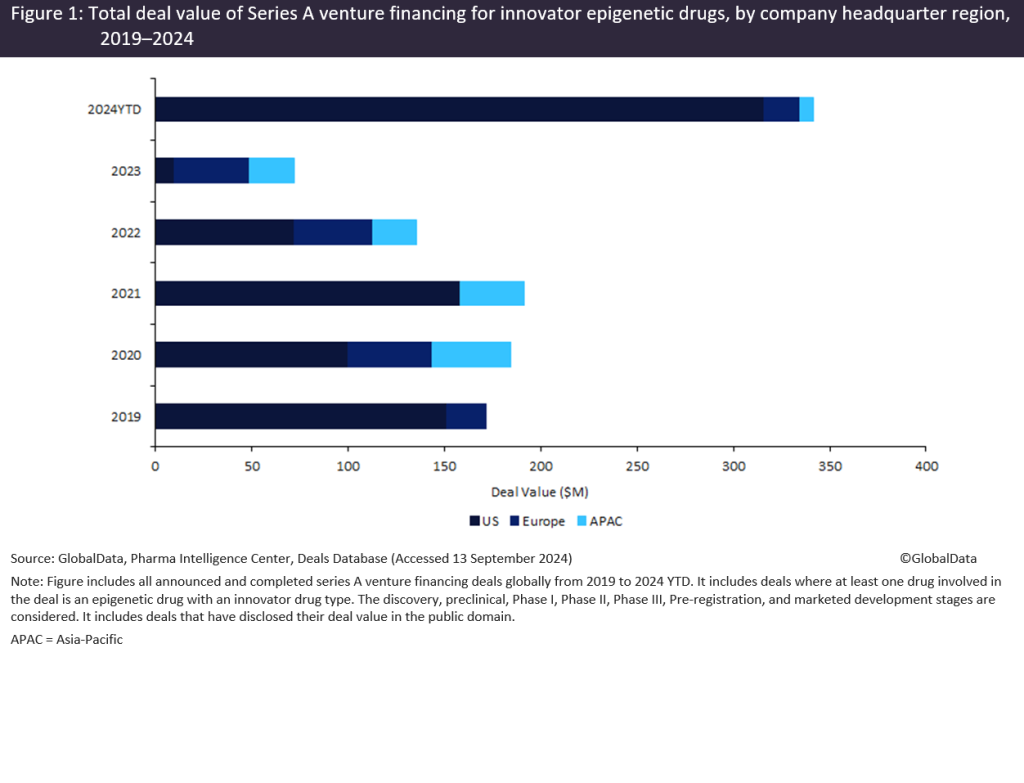Pfizer has announced the voluntary withdrawal of all lots of OXBRYTA (voxelotor) approved for treating sickle cell disease (SCD) from worldwide markets.
The company is also discontinuing all active voxelotor clinical trials and expanded access programmes globally.
The decision comes after the report of comprehensive clinical data that suggested that the risks of OXBRYTA may outweigh the benefits for the approved patient population.
The findings also indicated an imbalance in vaso-occlusive issues and fatal events which called for additional assessment.
The company has informed regulatory authorities of these findings, and its decision to halt the distribution of OXBRYTA and cease ongoing clinical studies.
The company will thoroughly review the available data and investigate the recent findings.
An oral, once-daily treatment, OXBRYTA was designed to increase the oxygen affinity of haemoglobin to hinder sickle haemoglobin polymerisation.
This process is crucial in preventing the sickling and destruction of red blood cells, which leads to haemolysis and haemolytic anaemia — common complications in SCD patients.
The US Food and Drug Administration (FDA) initially granted accelerated approval for OXBRYTA tablets in 2019 for treating SCD in adults and children aged 12 years and above.
In December 2021, the US regulator expanded the product’s approval to include patients as young as four years old.
In Europe, OXBRYTA received priority medicines (PRIME) designation and orphan medicinal product status for treating SCD.
The European Commission provided marketing authorisation for OXBRYTA in February 2022 to treat haemolytic anaemia due to SCD in adults and paediatric patients aged 12 years and above, for use either as a monotherapy or along with hydroxycarbamide (hydroxyurea).
The therapy is authorised in more than 35 countries across the globe.
Pfizer worldwide medical and safety chief medical officer and head Aida Habtezion stated: “The safety and well-being of patients is of the utmost importance to Pfizer, and we believe this action is in the best interest of patients.
“Our primary concern is for patients who suffer from SCD, which remains a very serious and difficult-to-treat disease with limited treatment options. We advise patients to contact their physicians to discuss alternative treatment while we continue to investigate the findings from our review of the data.”
















